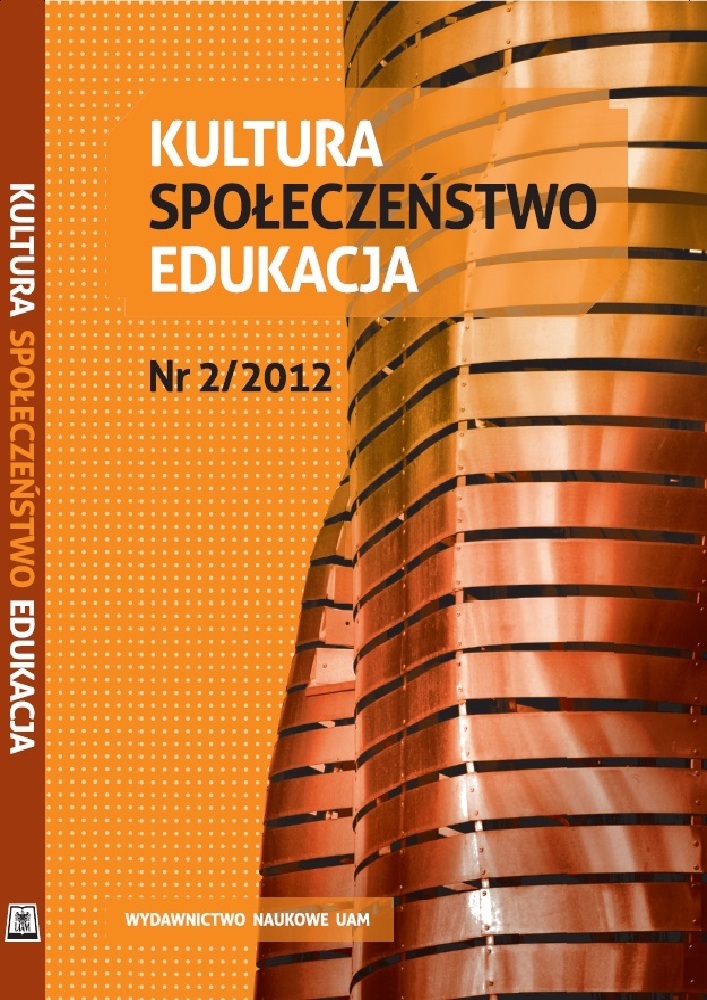Abstrakt
The presented study aims at the identifi cation of these mechanisms in the area of integrated education as well as at showing possible consequences for educational practice and the development of disabled learners. The first is related to the biological model of disability, which is determined by the notion of physiological norm and for which organism impairment is a constitutive feature. What ranks as priority in the second standpoint are special educational needs treated as a derivative of functional disorders. This point of view is particularly visible in some psychological definitions presenting disability as individual functional disorders. The last perspective of viewing the disabled learner which is discussed here is situated in the assumptions of constructivism. Each of the presented standpoints allows for slightly different handling of the disabled learner’s school problems. In the presented article, the discussed issues are rooted in the last – constructivist approach.Bibliografia
Barnes C., G. Mercer. 2008. Niepełnosprawność. Tłum. P. Morawski. Warszawa.
Błeszyńska K. 2001. Niepełnosprawność a struktura identyfikacji społecznych. Warszawa.
Chodkowska M. 2004. Socjopedagogiczne problemy edukacji integracyjnej dzieci z obciążeniami biologicznymi i środowiskowymi. Warszawa.
Dahrendorf R. 2005. Homo Sociologicus. O historii, znaczeniu i granicach kategorii roli społecznej. W Socjologia. Lektury. Przekład P. Polak. Kraków.
Dykcik W. 2005. Wprowadzenie w przedmiot pedagogiki specjalnej. W Pedagogika specjalna. Poznań.
Gajdzica Z. 2010. Codzienność ucznia niepełnosprawnego – perspektywa badacza. W Codzienność w szkole. Szkoła w codzienności, Wychowanie. Pojęcia, procesy, konteksty – interdyscyplinarne ujęcie. T. 5. Gdańsk.
Gajdzica Z. 2011. Sytuacje trudne w opinii nauczycieli klas integracyjnych. Kraków.
Giddens A. 2004. Socjologia. Warszawa.
Kościelska M. 1995. Oblicza upośledzenia. Warszawa.
Krause A. 2010. Współczesne paradygmaty pedagogiki specjalnej. Kraków.
Nikitorowicz J. 2009. Edukacja regionalna i międzykulturowa. Warszawa.
Speck O. 2005. Niepełnosprawni w społeczeństwie. Podstawy ortopedagogiki. Tłum. W. Zeidler, A. Skrzypek, D. Gącza, D. Szaranowicz. Gdańsk.
Licencja
Prawa autorskie (c) 2017 Zenon Gajdzica

Utwór dostępny jest na licencji Creative Commons Uznanie autorstwa – Bez utworów zależnych 4.0 Międzynarodowe.
